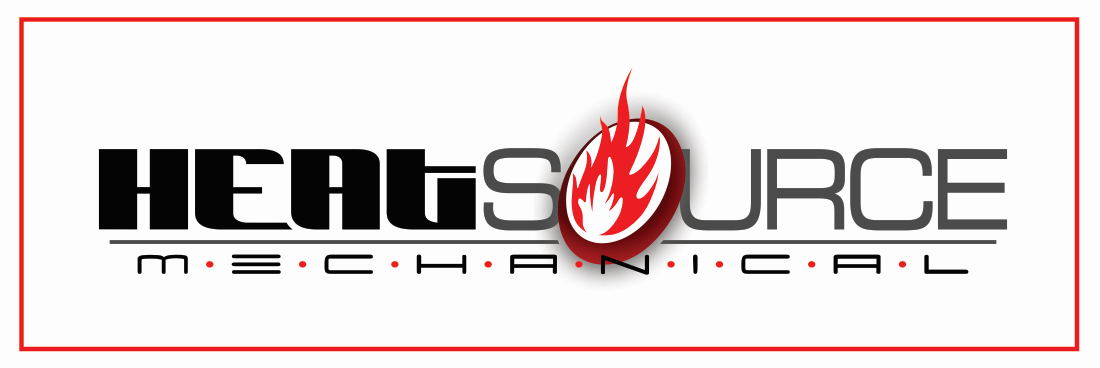Heating a house isn’t cheap. That’s why it’s advisable to heat your house not just efficiently but also smartly, and only when necessary. Not all areas of your house need heat all the time, you may have a room that isn’t always occupied, or one that has been vacated by a family member who is off to school or has relocated.
There are two ways you can make sure a house is heated efficiently; you can just adjust your vents to shut off heated air in unused or unoccupied rooms, or you zone your house to work with your HVAC.
Why Closing Vents Isn’t Advisable
A typical house has vents that help circulate heated air. One simple alternative to cutting off heat in areas or zones in the house that aren’t used all the time is to simply close off the vents in that zone to redirect the flow of air to other zones in the house. You can do this manually, but there are also smart vents that can be controlled via apps so there doesn’t have to be manual interference.
While it’s true that this method is quick and has effects that are noticeable immediately, it is also bad for your HVAC system and your comfort in the long run.
This is because when air doesn’t exit a vent it backs up into the duct system. Given enough pressure it can cause leaks into your ducts. It can even cause your HVAC to overheat.
All that redirected air has to go somewhere, so they are heading to the open vents in the rooms that need heating. This will result in zones of your house getting hotter than how you want them to be.
The Zoning Method
The zoning method is a much better way to make sure your house is efficiently heated. In zoning, a contractor builds a system of thermostats, zone dampers and bypass dampers to work with your HVAC system. Zone dampers channel the heated air into the areas you want them to go while the bypass dampers eliminate the buildup of pressure which happens when air backs up. In all, the system is designed to allow independent control of temperature in each zone of your home.
Zoning takes into consideration factors like what areas of your house you want to prioritize, what kind of HVAC system you have, the design of your home, even how many people you might have at one time, among others. A good heat provider should be able to tailor the perfect zoning system for your home.
The Advantages of Zoning
Savings – Zoning can save homeowners as much as 30 percent on yearly energy usage. Of course, this also translates to money saved.
Comfort in the home – Because a zoning system is designed to work with your HVAC instead of against it, you can be sure rooms that need warmth will get just the right amount of temperature.
Longer HVAC lifespan – Constant use will cause wear on your HVAC; with zoning, the use of your HVAC will be maximized. You also don’t have to worry about it being overworked or overheated by backed-up heated air.













